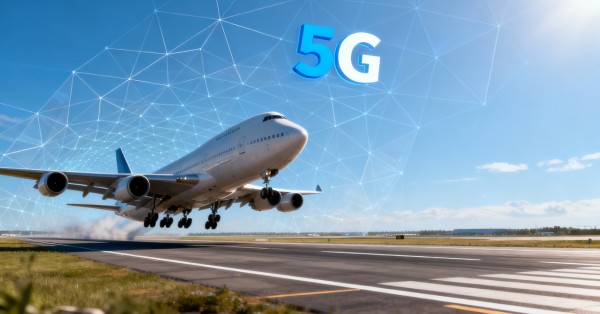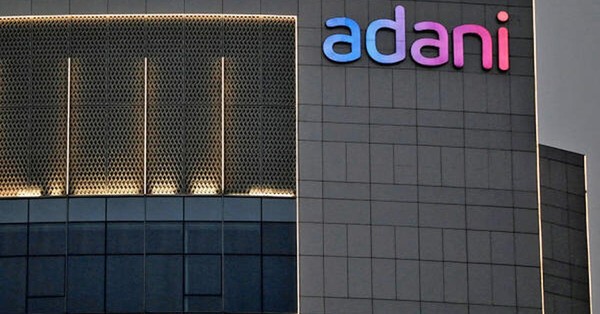Satellite Connectivity Leaders Unite: EchoStar and Dish Network Merge for 5G Dominance
In a landmark move for the satellite communication industry, EchoStar Corporation and Dish Network have announced their merger. Both companies, originally envisioned by Charlie Ergen, have now charted a renewed partnership. Their objective is clear: to blend satellite and terrestrial technologies, thus emerging as pivotal players in the burgeoning 5G ecosystem.
A Fusion for Future Growth
EchoStar and Dish Network’s merger transcends a mere corporate amalgamation. As Ergen outlined, this union enables them to amplify the potential of 5G private networks by synergizing satellite communication with terrestrial infrastructures, all powered by a 5G cloud-native platform.
In terms of the financial structure of the deal, EchoStar stockholders are set to benefit from a lucrative exchange. For every share of EchoStar stock, they’ll receive 2.85 shares of Dish Network stock, a proposition that implies a 12.9% premium. Post-merger, the ownership distribution will significantly tilt towards Dish shareholders, commanding about 69% of the new entity, while EchoStar shareholders will retain approximately 31%.
Operational Dynamics Post Merger
The transition is expected to culminate by year’s end. Following this, EchoStar’s current CEO, Hamid Akhavan, will spearhead the combined enterprise, with Ergen providing strategic direction as the executive chairman.
While the company’s core operations will be anchored in Englewood, Colorado, Hughes Network Systems, integral to EchoStar, will continue its operations from Maryland. This combined force will boast an impressive repertoire of customer brands. The portfolio, with a staggering 18 million subscribers, will include prominent names like Dish Wireless, Boost Wireless, Sling TV, DISH TV, EchoStar, Hughes, Jupiter satellite services, HughesON managed services, and the high-speed HughesNet satellite internet.
A Journey from the Past
The merger has historical significance. EchoStar’s inception in 1980 by Ergen as a satellite TV distributor laid the foundation for Dish Network, which later spun out in 2008 as an independent brand. EchoStar then expanded its horizons by acquiring Hughes Communications in 2011 and later selling its satellite broadcast segment to Dish in 2019.
Interestingly, Dish, in recent years, pivoted towards the 5G realm. With the acquisition of a segment of Sprint’s business, they envisaged a robust 5G network. Presently, their network covers an extensive 70% of the U.S., with ongoing commercialization efforts.
Future Vision and Synergies
Akhavan articulated the merger’s future potential. By unifying Dish’s valuable nationwide spectrum and EchoStar’s vast network experience, they are poised to capitalize on the substantial 5G private network segment. The combined prowess, according to Akhavan, holds the promise of significant savings and revenue synergies. This includes an optimistic projection of an incremental $80 million in EBITDA by 2027, stemming from their consolidated 5G satellite broadband private network, expanded government services, and leveraging EchoStar’s enterprise relationships.
Furthermore, with Hughes Network Systems’ successful demonstration of a private 5G network for the U.S. Navy, the merged entity is optimistic about potential contracts for enterprise 5G and government deployments.
Consolidating Spectrum Resources
Another tantalizing prospect is their combined strength in the S-band spectrum, which holds the key to direct-to-device services. EchoStar’s ambitious plans for a global Low-Earth Orbit (LEO) satellite 5G network in the S-band could soon be a reality.
Emphasizing the potential of this spectrum consolidation, Ergen stated that their combined North American and international S-band spectrum offers a unique opportunity. This collaboration could pave the way for seamless partnerships with modem manufacturers, handset producers, and operators.
In Ergen’s words, the merger equips them uniquely. “We’re better off today together than we were before in terms of pursuing any opportunities there,” he observed.
Indeed, while merging satellite and telecom dynamics presents challenges, the open architectural design and a combined vision ensure that EchoStar and Dish Network are perfectly poised to redefine the boundaries of satellite connectivity in the 5G age.







































